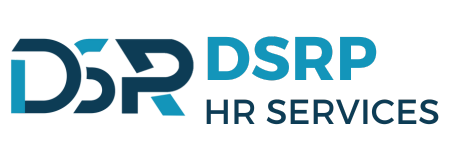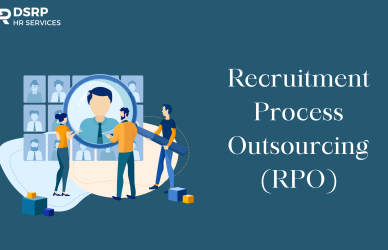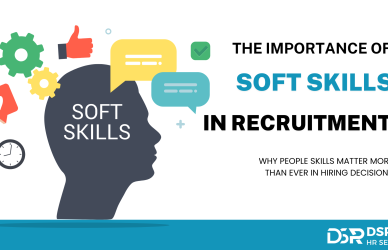As we move deeper into 2025, the workplace continues to evolve at an unprecedented pace. From remote work and AI-driven recruitment to employee well-being and skills-based hiring, the role of Human Resources (HR) has become more dynamic and strategic than ever before.
Today, HR is no longer just about managing people—it’s about shaping business success. In this blog, we’ll explore the top HR trends that will define the workplace this year and how companies can stay ahead in the changing world of work.
1. Hybrid Work Models Are Here to Stay
The pandemic may have ended, but hybrid and remote work models are now permanent fixtures in most organizations. Employees want flexibility, and businesses are realizing that productivity doesn’t depend on location.
In 2025, companies are adopting “flexible hybrid policies”—balancing in-office collaboration with remote convenience. HR’s role? Ensuring engagement, communication, and culture remain strong in this blended model.
2. Artificial Intelligence in HR
AI is revolutionizing every part of the employee lifecycle—from recruitment to performance management. AI-powered tools are helping HR teams:
- Screen candidates faster
- Analyze employee performance
- Predict turnover risks
- Personalize learning and development
By 2025, AI-driven HR automation is not just a trend—it’s a necessity for staying competitive.
3. Focus on Employee Well-Being and Mental Health
Modern employees value workplaces that care. Organizations are now prioritizing mental health support, work-life balance, and wellness programs to enhance productivity and satisfaction.
In 2025, expect more companies to invest in:
- Flexible schedules and wellness leaves
- Mental health assistance programs
- Regular employee engagement surveys
Healthy employees mean healthy businesses.
4. Skills-Based Hiring Over Traditional Degrees
The hiring landscape is shifting. Companies are moving away from traditional degree-based hiring and focusing more on skills, experience, and potential.
This trend benefits both employers and job seekers—allowing for diverse, capable, and future-ready teams. HR professionals are now leveraging assessments and certifications to evaluate skills beyond resumes.
5. Data-Driven HR Decisions
With access to advanced HR analytics, data-driven decision-making has become central to modern HR management. Metrics such as employee engagement, turnover rates, and performance scores help companies make smarter workforce strategies.
In 2025, HR teams that embrace analytics will gain an edge in forecasting trends, improving retention, and boosting overall productivity.
6. Diversity, Equity & Inclusion (DEI) Remains a Priority
DEI initiatives continue to be crucial for building innovative, resilient workplaces. HR teams are implementing inclusive hiring practices and creating equal opportunities across all levels.
Diverse teams don’t just improve company culture—they also enhance creativity, decision-making, and business performance.
7. Upskilling and Continuous Learning
The future workplace values learning agility. With technology advancing rapidly, employees must constantly upgrade their skills.
Organizations are now investing in training programs, mentorships, and e-learning platforms to nurture talent from within.
HR plays a key role in fostering a culture of continuous growth and adaptability.
Conclusion
The future of HR is innovative, tech-driven, and people-centric. As 2025 unfolds, businesses that adapt to these trends will not only attract and retain top talent but also create workplaces where employees truly thrive.





